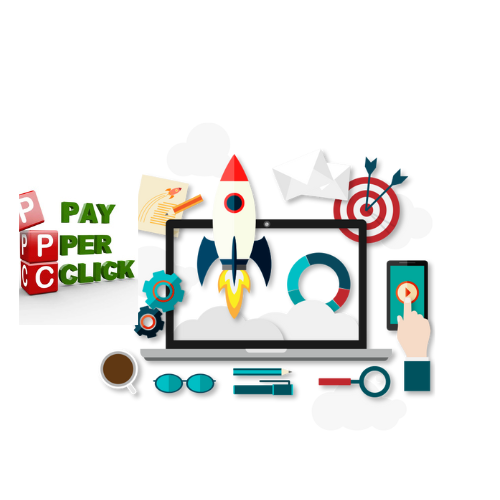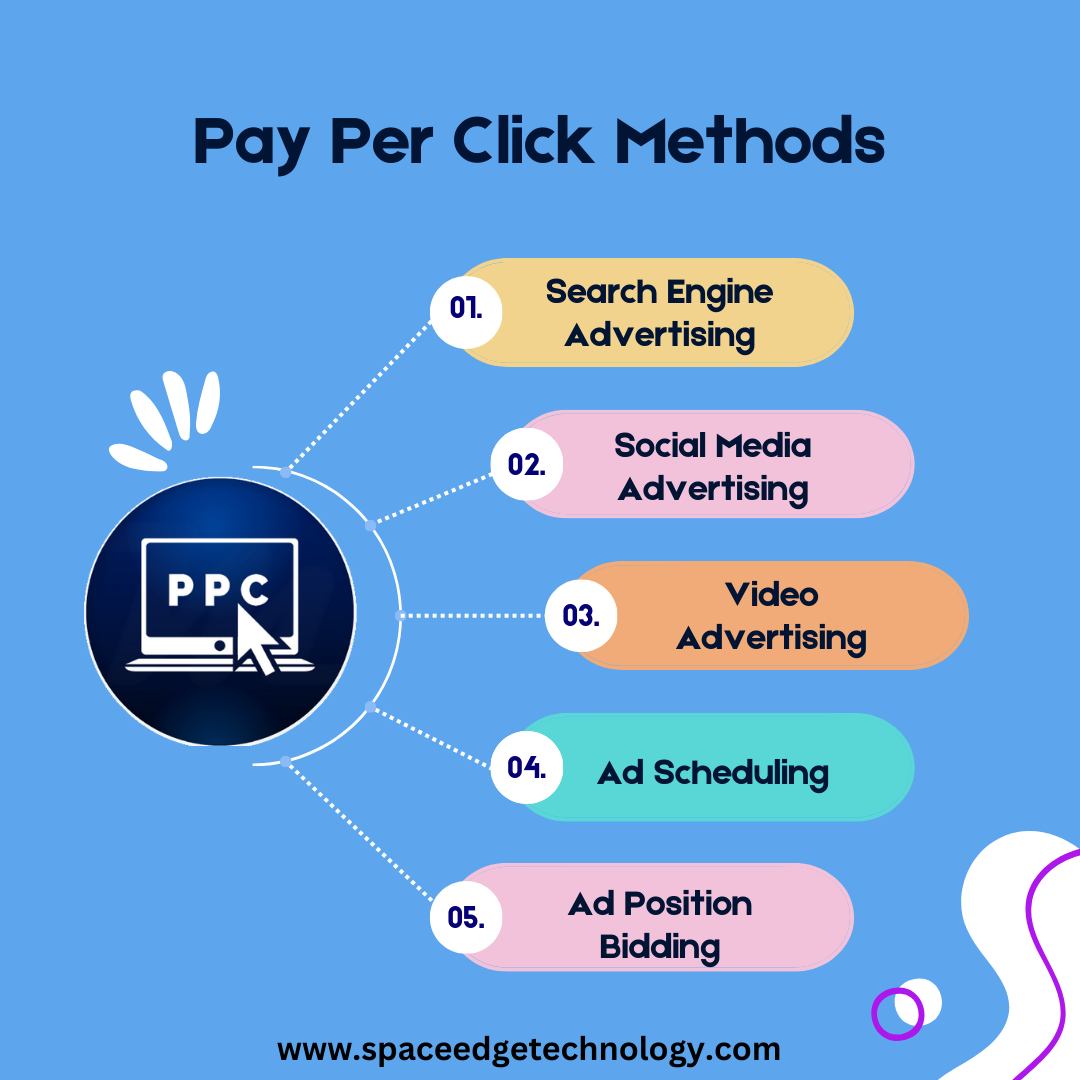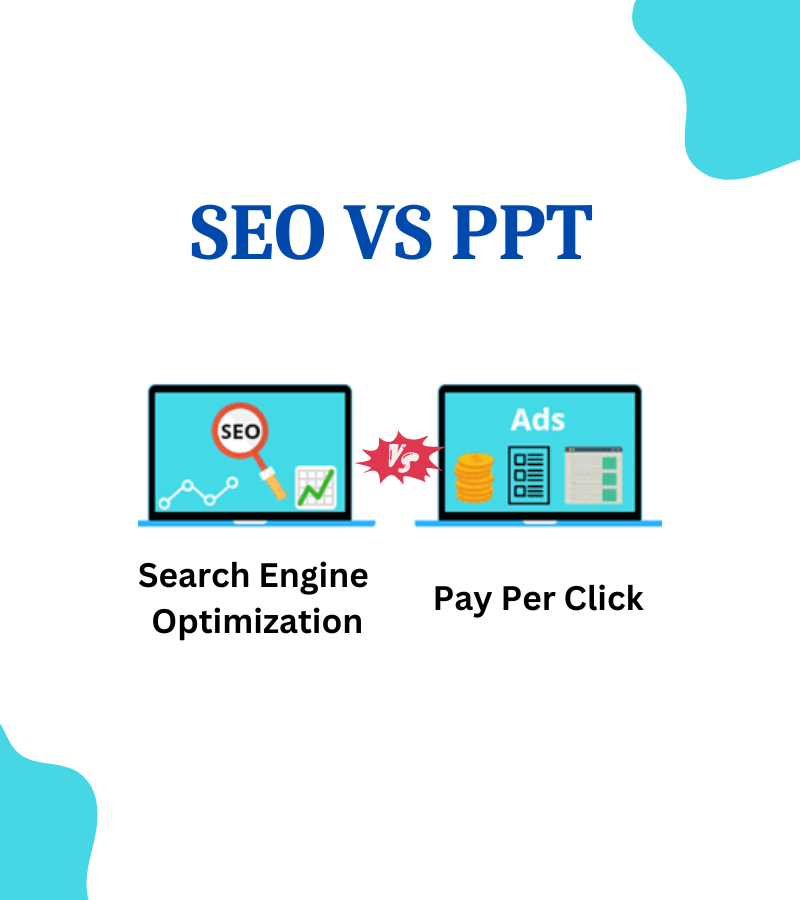Pay-per-click (PPC) advertising, commonly referred to as PPC, stands as a powerful digital marketing tool that has revolutionized the approach to online product and service promotion for businesses.
PPC advertising service providers have expertise in optimizing campaigns, ensuring efficient ad spend, and the right platforms for ads.
What is PPC advertising?
PPC advertising represents an online marketing model where advertisers make payments each time a user clicks on their advertisements. In contrast to organic traffic, which evolves gradually, this model, widely used on search engines and social media platforms, enables businesses to purchase visits to their websites.
How does PPC work?
PPC functions within an auction-based framework, where advertisers place bids on specific keywords relevant to their intended audience. The advertisements are then displayed on search engine results pages (SERPs) and social media feeds. When users perform searches matching the designated keywords, the ads may surface. Subsequently, when a user clicks on the ad, the advertiser incurs a cost for that click.
Best PPC Platforms
Now that we understand what PPC is and why it’s essential, let’s explore some of the best PPC platforms available and how they work.
Google Ads
Google Ads, formerly known as Google AdWords, is the most popular and widely used PPC platform. It operates on the Google search engine and its extensive network, including YouTube.
- Vast Reach: Google is the most popular search engine worldwide, making it an ideal platform to target a global audience.
- Keyword Targeting: Advertisers can bid on specific keywords related to their products or services, ensuring their ads appear in relevant search results.
- Extensive Network: Google Ads extends beyond the search engine to include the Google Display Network and YouTube, offering various advertising options.
- Measurable Results: Google Ads provides detailed analytics and conversion tracking to measure campaign performance.
- Ad Extensions: It allows the inclusion of additional information in ads, such as location, phone number, or links to specific pages.
Facebook Ads
Facebook offers a robust advertising platform that allows businesses to reach a vast and diverse audience. The process is as follows:
Advertisers define their target audience based on demographics, interests, and behavior.
Ads are displayed in users’ news feeds or in the right-hand column.
Advertisers pay when their ad receives a click or other predetermined actions.
- Demographic Targeting: Advertisers can define their audience based on factors like age, gender, interests, and behavior, making it easy to reach specific customer segments.
- Engaging Ad Formats: Facebook offers a variety of ad formats, including image and video ads, carousel ads, and more, allowing for creative and interactive advertising.
- Instagram Integration: As Facebook owns Instagram, businesses can seamlessly extend their reach to this popular visual platform.
Microsoft Advertising:
Formerly known as Bing Ads, Microsoft Advertising is often seen as an alternative to Google Ads, but it offers some unique advantages:
- Microsoft’s Search Network : Microsoft Advertising places ads on Bing and Yahoo search engines, which can reach an audience that might not use Google as their primary search engine.
- Less Competition : In some industries, there’s less competition on Microsoft Advertising, which can result in lower advertising costs.
- Audience Targeting : The platform provides in-depth demographic and geographic targeting options.
- Shopping Campaigns : Microsoft Advertising supports shopping campaigns, making it suitable for e-commerce businesses.
Twitter Ads:
Twitter Ads cater to businesses that want to engage with their audience in real-time and promote content across the Twitter platform:
- Promoted Tweets : Advertisers can promote their tweets to a wider audience, increasing their visibility.
- Engagement Metrics : Twitter Ads charge based on engagements, which can include clicks, retweets, likes, and replies.
- Trending Topics : Businesses can align their ads with trending topics to increase visibility during relevant discussions.
- Follower Growth : Twitter Ads can also be used to increase the number of followers for a brand’s Twitter account.
Each of these PPC platforms offers unique features and strengths. The choice of the best platform for your business depends on your specific goals, target audience, and budget. It’s often a good practice to test multiple platforms to see which one yields the best results for your advertising campaigns.
Space Edge Technology: The best PPC service provider
Space Edge Technology is the best PPC service provider; we’re your digital launchpad to success. With a passion for innovation and a commitment to helping businesses reach new heights, we’ve become a trusted partner for those seeking to conquer the online space.
Our Mission
Our mission is to propel your online presence to the forefront of the digital cosmos. We aim to empower businesses of all sizes with the tools and strategies needed to thrive in the competitive world of Pay-Per-Click advertising. We believe that every click should count, and each ad should lead to a conversion.


